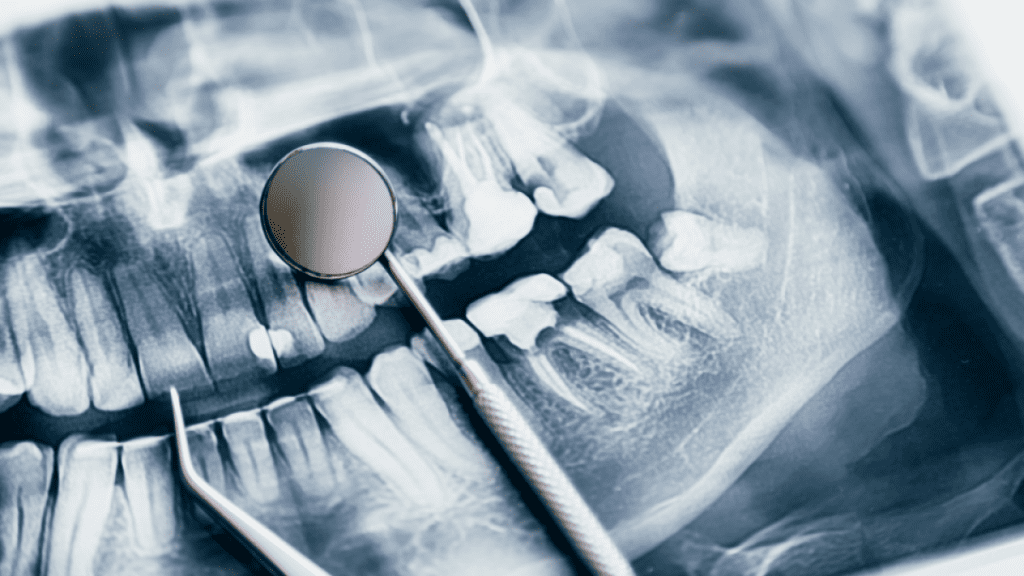Products Info|How poor oral health affects the heart and brain
Poor oral health affects the heart and brain
Poor oral health affects the heart and brain
Healthy teeth, missing teeth, cavities, and damaged teeth can provide doctors and scientists with information about other parts of our body.
Arizona State University recently confirmed this in a study targeting the Tisman population,
where evolutionary anthropologists and archaeologists have found that poor oral health is associated with higher levels of inflammation,
smaller brain volume (dementia), and aortic valve calcification (cardiovascular disease).
But how does poor oral health affect our heart and brain?
Evolutionary anthropologist Ben Trumble and his colleagues believe that this may occur in multiple ways.
Firstly, bacteria may enter the bloodstream and cause inflammation, leading to difficulty chewing and malnutrition.
Trumble is an associate professor at the School of Human Evolution and Social Change,
the Institute of Human Origins, and the Center for Evolution and Medicine at Arizona State University.
He explains why this study focuses on the indigenous Tisman people in the Amazon region of Bolivia.
Trumble said, “In the United States, people living in lower socioeconomic status often face higher risks of chronic diseases due to aging
and inability to access dental insurance or good dental care.”
“People living in low socio-economic conditions often lack access to affordable healthy food,
safe exercise venues, or have no time to cook and exercise at home.
These structural barriers make individuals more likely to suffer from chronic diseases such as cardiovascular disease compared to other
populations, and their dental health is also poor.”

“In the United States, it is difficult to understand the role of oral health in chronic diseases.
Tisman people have a much smaller socio-economic gradient and have little opportunity to access modern dentistry.
This makes it possible to examine the association between oral health and chronic diseases without confusing social factors.”
Trumble and his colleagues in the Tsimane Health and Life History project have been collaborating with Tsimane for over 20 years.
This relationship is not a helicopter study.
This project has brought healthcare services to this surviving population and brought about a plethora of discoveries about heart
health, dementia, brain capacity, and now oral health.

